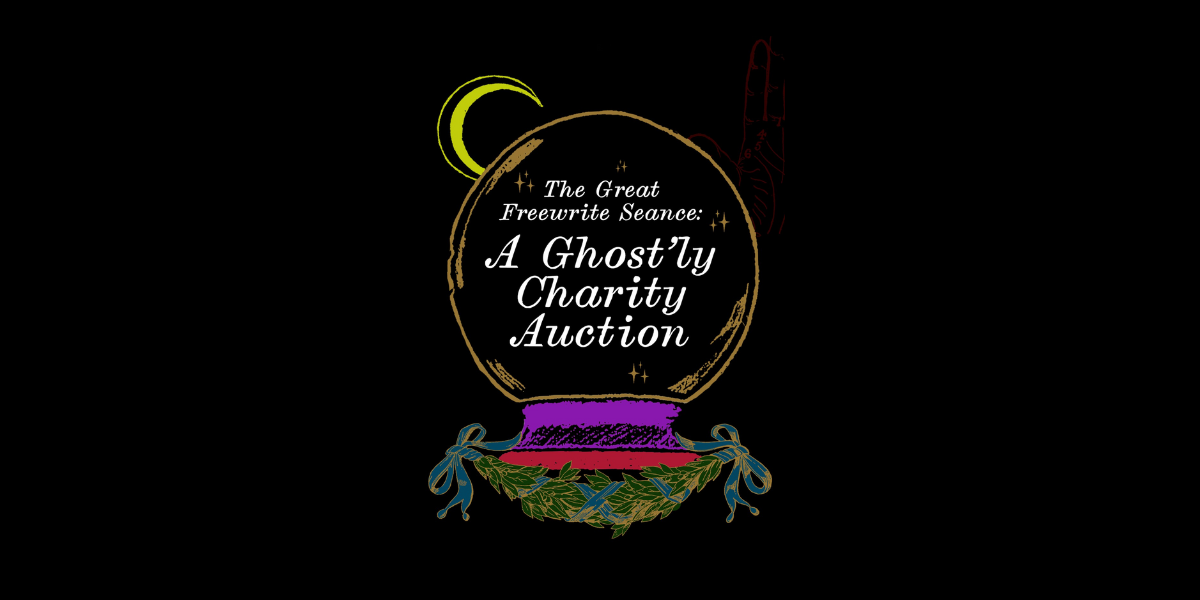This is a guest post by Rebecca A. Demarest. Rebecca is an award-winning book designer, author, and technical illustrator living in Seattle, WA with her bacon-sharing husband and a temperamental cat named Cat. Her novel,Less Than Charming, is available for pre-order through March 15th on Indiegogo, and will be launching from Parkhurst Brothers Publishing, Inc. on May 1st 2016. For more information on her work, please visit her website.
Several years ago, as we were getting ready for bed, my (now ex-) boyfriend turned to me with: “You know, since you keep putting off working on your novel, I’m going to have to start introducing you as a publisher instead of a writer.”
Instinctively, I corrected him. “Illustrator, not publisher.” That’s what I did all day—I drew diagrams for computer programs at a tech publisher. Even though I automatically corrected his title gaffe, it cut me to the quick that he no longer considered me a writer. But I knew he was right; that part of my identity seemed to have started slipping away sometime after obtaining my MFA. I had immersed myself in several rounds of editing on my novel née thesis and after all the work I had done editing and revising and rewriting, I finally sent out the query letters, but the response I was hoping for never came.
It was a good experience for me as several agents gave me useful feedback instead of form rejections, but it was also depressing, because they all pointed out a major flaw that none of my previous readers had even touched on. Apparently, though they all adored the setting and the story, they just could not connect with my main character as he was presented to them at the beginning of the manuscript and I had no idea how to go about fixing that fact.
Under the pretext of trying to figure out how to fix my novel, I stopped writing. I’m a very methodical writer and I spend a lot of time planning before I begin, so it seemed logical to me to take a step back to analyze what I had and what was missing. I shelved the novel and moved forward with the rest of my life while I contemplated the changes.
At first it was just the novel itself that went untouched. Then it was my blog. I had started the blog for two reasons: to force myself into creating new fiction once a week, and to praise or rant about books that I had been reading so my friends didn’t have to hear me talk about them over and over. But then life and my health got in the way and I was running around trying to get everything done and diagnosed before work, after work, during work and my self-motivated, deadline-free writing took the hit. I stopped writing anything.
So, after an evening of hanging out with his friends, he said to me, “You know, if you keep putting off working on your novel, I’m going to have to start introducing you as a publisher instead of a writer.”
It hurt because he was questioning my identity, but even more so because I was afraid he was right. I knew I needed to start the next round of revisions on the novel. I knew I needed to create some fresh fiction and get back into the habit of writing every day. I knew all of this had to happen if I was going to progress and succeed, but never in a thousand years had I imagined myself as anything but a writer. Even when I wasn’t actively writing, I still considered myself a writer, not an illustrator.
I had been a writer when I was five and wrote my first story: “How a Butterfly got its Colors.” I ceased being a writer for exactly four months in college when I wanted to be a psychologist because I found it fascinating and thought I could make a decent living. Then a creative writing course I took cured me of my desire to make money and revived my craving to write. Maybe someday I’ll go back to psychology and look into a fascinating field called Narrative Therapies, but, for today, all I truly want to do is put words on the page and bring wonder and emotion to readers.
This then, I decided, is what it meant to be a successful writer: to put words on the page. It does not mean you put 500 words into your novel every day, no excuses, no breaks. No, it means that when the story grabs you and demands your attention, you listen, and you give it an outlet. Sometimes I go a couple months without creating new fiction, but in the meantime I am working on promotional materials, querying materials, submission applications, graphic designs for my stories, or looking for new readers. There is more to being a writer than your daily word count, or even your monthly word count. Some (very few) people are blessed to be able to be full time writers, but they are rare. Most of us must be content with fitting in a few hours here or there over a coffee while we wait for a meeting with the boss at our day-jobs, or late at night during NaNoWriMo when we feel like we’re connected to the whole world writing together.
And it can pay off. All of those stolen moments and pages, all those times where I put down the computer and despaired of being able to drag new words out of my skull, working around day-jobs and freelancing and health concerns, I can stand in front of you today and say “I am a writer,” and believe it to my core. Because I chose to reject his definition of being a writer and have embraced my own, I have brought two books to the market, I have had several short stories in journals and anthologies, including one that was featured on NPR, and I have a novel coming out with a traditional publisher this summer, all because I didn’t let someone else define me. I chose to believe I was a writer no matter what else was happening in my life, and that made all of it possible.





























